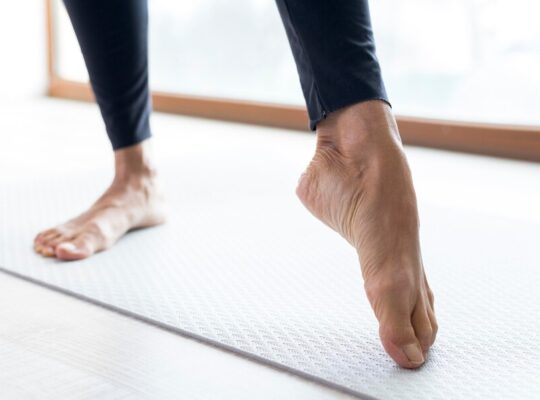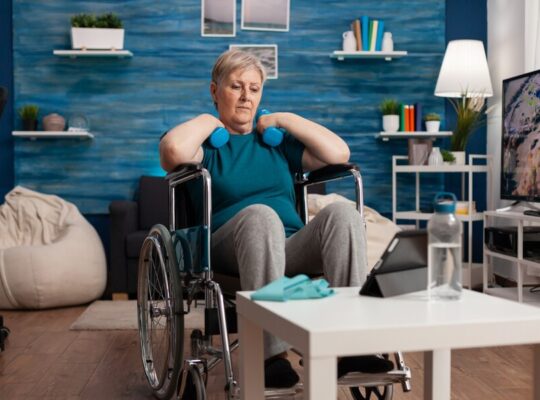Causes of RA
Rheumatoid arthritis is a chronic condition or illness, an autoimmune disease that develops when one’s tissues attack the lining of their joints. The cause of rheumatoid arthritis is not well understood. As of now, the initiators of rheumatoid arthritis are not fully clear. However, several factors are believed to contribute:
- Genetic Factors: RA seems to be determined genetically. Some people are predisposed, and morning walk benefits can influence genetic factors.
- Environmental Factors: Some infections, smoking, and hormonal changes increase the risk of developing the illness.
- Immune System Response: RA involves inflammation of joints caused by the body’s immune system attacking healthy cells, similar to conditions like multiple myeloma and Kaposi sarcoma. Knowing the risk factors for RA may help start treatment early.
Symptoms
The signaling particles are rheumatoid factor and anti-citrullinated protein antibody clients, symptoms of which may be manifested in rheumatoid arthritis.
The symptoms of rheumatoid arthritis can vary, but the most common ones include:
- Joint Pain and Swelling: The structures involved are usually hot, red, and painful.
- Stiffness: Morning stiffness lasting over an hour is a characteristic feature.
- Fatigue and Weakness: RA often leads to feelings of constant fatigue and tiredness.
- Reduced Range of Motion: Joint inflammation can limit the range of motion.
RA can also impact other body organs, including the skin, eyes, lungs, and blood vessels. With early diagnosis, both complications and symptoms can be managed, and disease progression can be stopped.
Clinical Perspective
Diagnosing rheumatoid arthritis involves various tests:
- Blood Tests: These look for inflammation indicators like erythrocyte sedimentation rate (ESR) and C-reactive protein (CRP). RF and anti-CCP are positive in RA in most cases.
- Imaging Tests: X-rays, MRI, and ultrasound help check the degree of joint erosion and inflammation.
The prognosis and management often rely on early and accurate diagnosis. For example, in the CKD population, accurate evaluation minimizes complications from RA.
Therapies for Rheumatoid Arthritis
Depending on severity, RA treatment may include medication, physical therapy, and daily activity adjustments. Key aims include minimizing inflammation, relieving pain, and protecting joints from further deterioration.
Medications
Medications are essential for managing rheumatoid arthritis and may include:
- NSAIDs: Nonsteroidal anti-inflammatory drugs reduce pain and inflammation.
- DMARDs: Disease-modifying antirheumatic drugs, like corticosteroids and methotrexate, help control the advancement of RA.
- Biologic Agents: These target specific immune pathways to manage severe cases.
With proper medication, one might avoid surgery like total hip replacement in the future.
Physical Therapy and Exercise
Physiotherapy benefits joint flexibility and provides early pain relief. Exercises strengthen muscles, improve movement, and reduce stiffness. Low-impact activities like swimming won’t strain joints and enhance cardiovascular health, similar to exercises for low back pain or runner’s knee exercises.
Surgery
For severe joint damage, surgical options include:
- Joint Repair: Surgery to remove or reshape joint tissue to alleviate pain.
- Joint Replacement: Replacing damaged joints like knees or hips, such as total knee replacement (TKR).
- Joint Fusion: Stabilizing joints where replacement isn’t possible.
Lifestyle Changes for Rheumatoid Arthritis
Simple lifestyle modifications can reduce RA’s effects and improve quality of life.
Diet and Nutrition
Anti-inflammatory foods like fruits, vegetables, and fatty fish can help manage symptoms. Including vitamins for digestion supports overall health and the digestive system.
Manage Stress and Anxiety
Stress management is key, as stress can trigger RA. Techniques like deep breathing, quiet meditation, or a morning walk can help. Managing stress and anxiety can enhance life quality and support healing.
Adequate Rest and Sleep
Good sleep quality is essential for immune function and managing RA fatigue.
Exercise Regularly
Aerobic exercises strengthen the muscles around joints, helping to reduce pain and improve flexibility. Activities like morning walk benefits fall within acceptable, low-impact activities that promote health.
Complications of Rheumatoid Arthritis
RA can lead to several complications if untreated:
- Joint Deformities: Prolonged inflammation causes changes in and around joints.
- Bone Loss: RA is associated with reduced bone mineral density, increasing osteoporosis risk.
- Other Health Conditions: RA may lead to cardiovascular issues like cholesterol problems or even coronary artery bypass graft conditions.
FAQs
What triggers a flare-up in rheumatoid arthritis?
Triggers include stress, infection, and drug dosage changes. Diet and sleep may also affect flare-ups.
How does rheumatoid arthritis differ from osteoarthritis?
RA is autoimmune, while osteoarthritis involves joint wear and tear.
Can rheumatoid arthritis go into remission?
Yes, early treatment can lead to remission.
What foods should those with rheumatoid arthritis avoid?
Processed foods, sodas, and red meats may increase inflammation in RA sufferers.
What role does exercise play in managing rheumatoid arthritis?
Activities like swimming can reduce stiffness without straining joints.
What other body parts can RA affect?
RA can affect the skin, eyes, lungs, and heart, causing issues like lung disease or anemia.
Is there a natural cure for rheumatoid arthritis?
While not a cure, a healthy diet, stress management, and rest can ease symptoms.
Is rheumatoid arthritis hereditary?
Yes, it’s linked genetically, though you don’t inherit it directly.
What are the early signs of rheumatoid arthritis?
Symptoms include morning stiffness, fatigue, and pain in fingers, wrists, and toes.
Does rheumatoid arthritis cause fatigue?
Yes, inflammation and immune responses often lead to fatigue.












